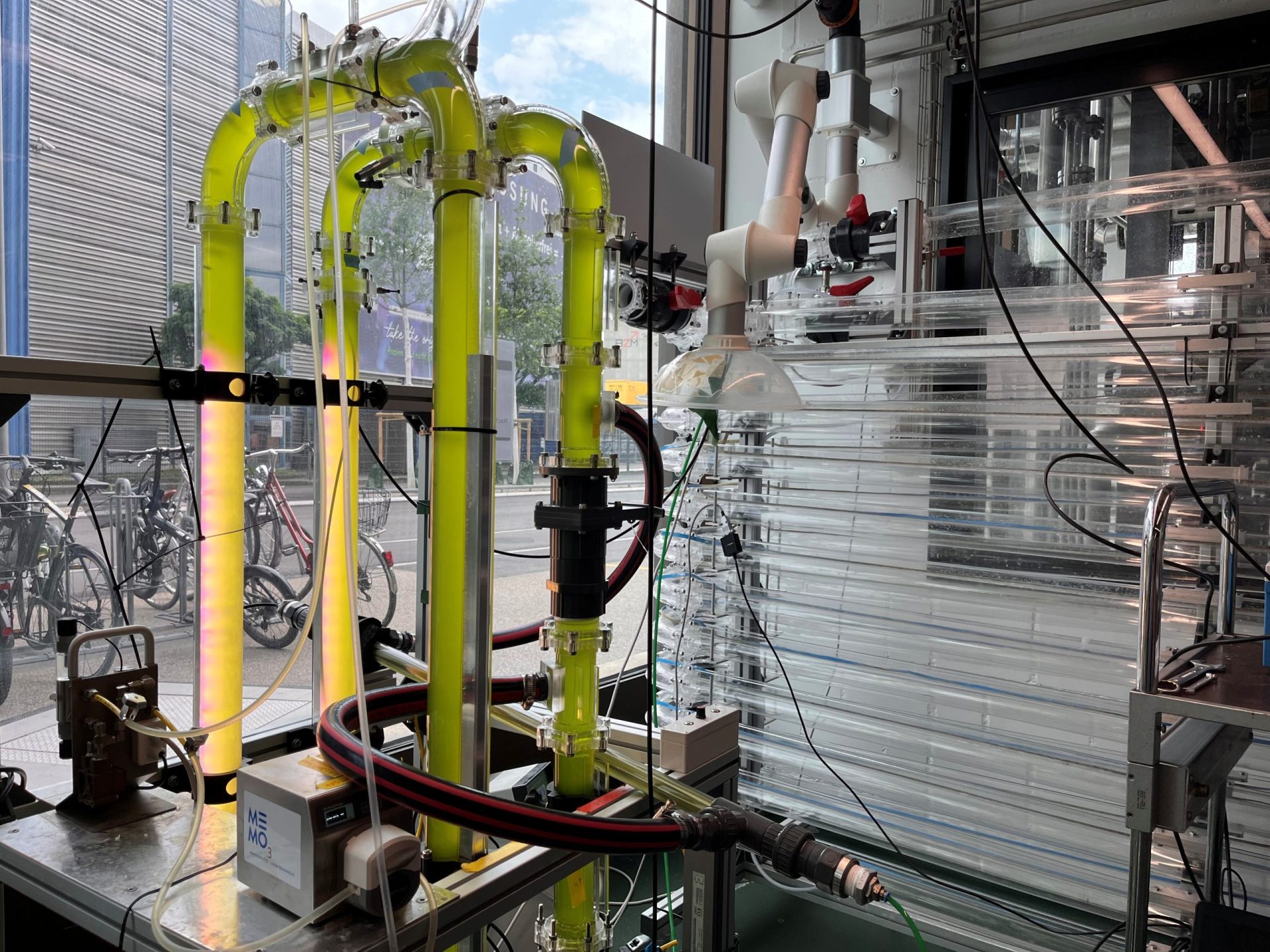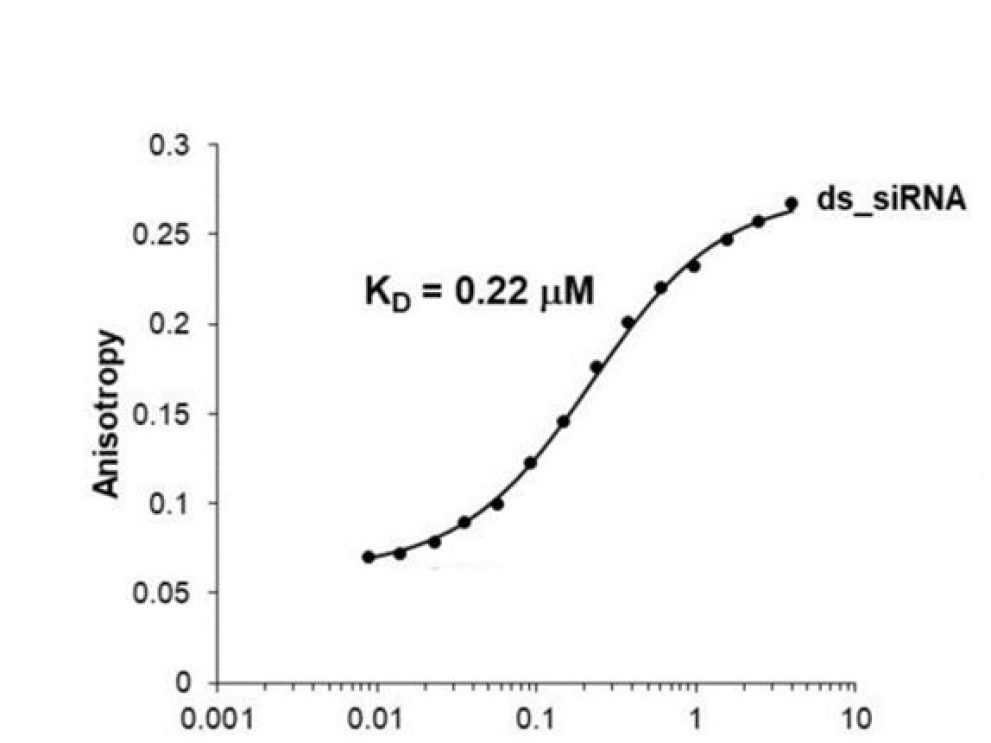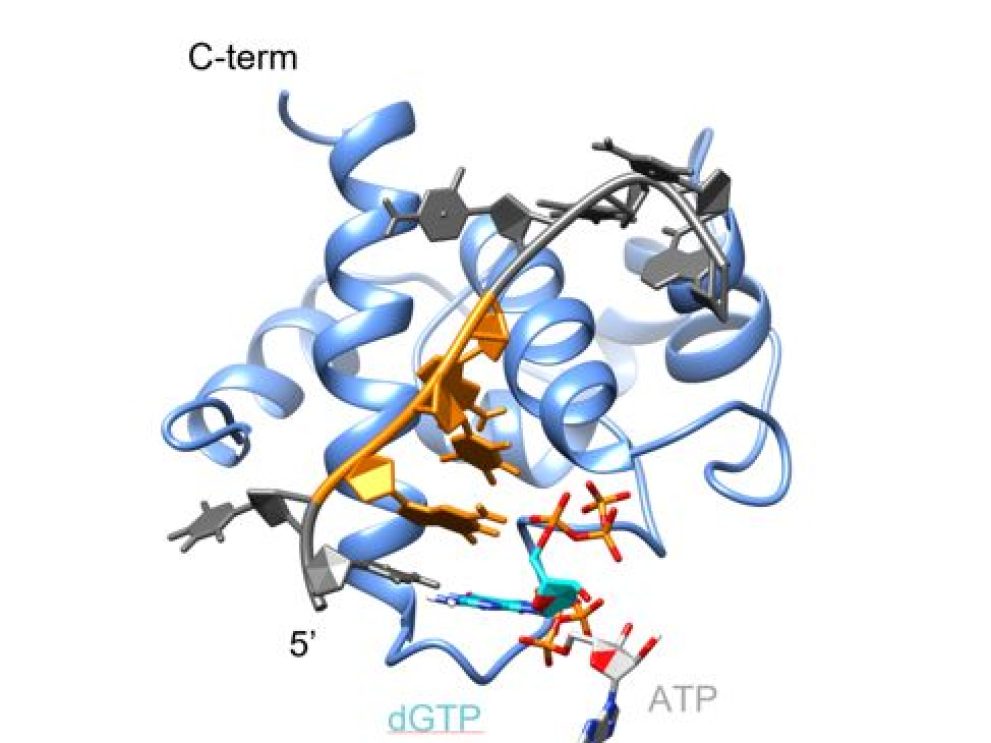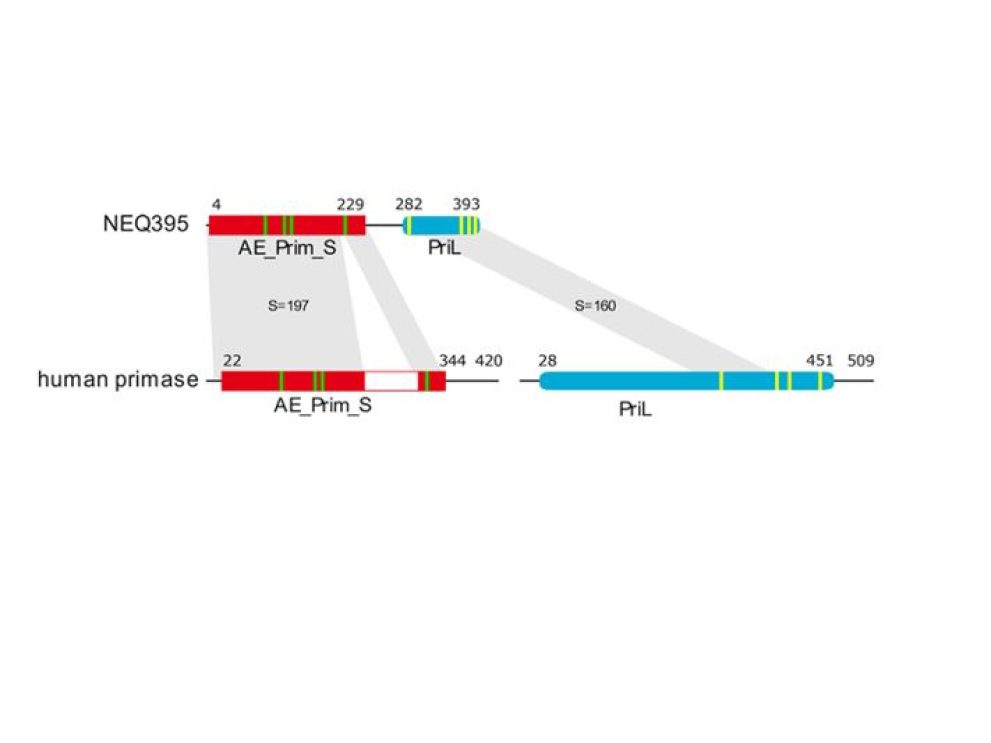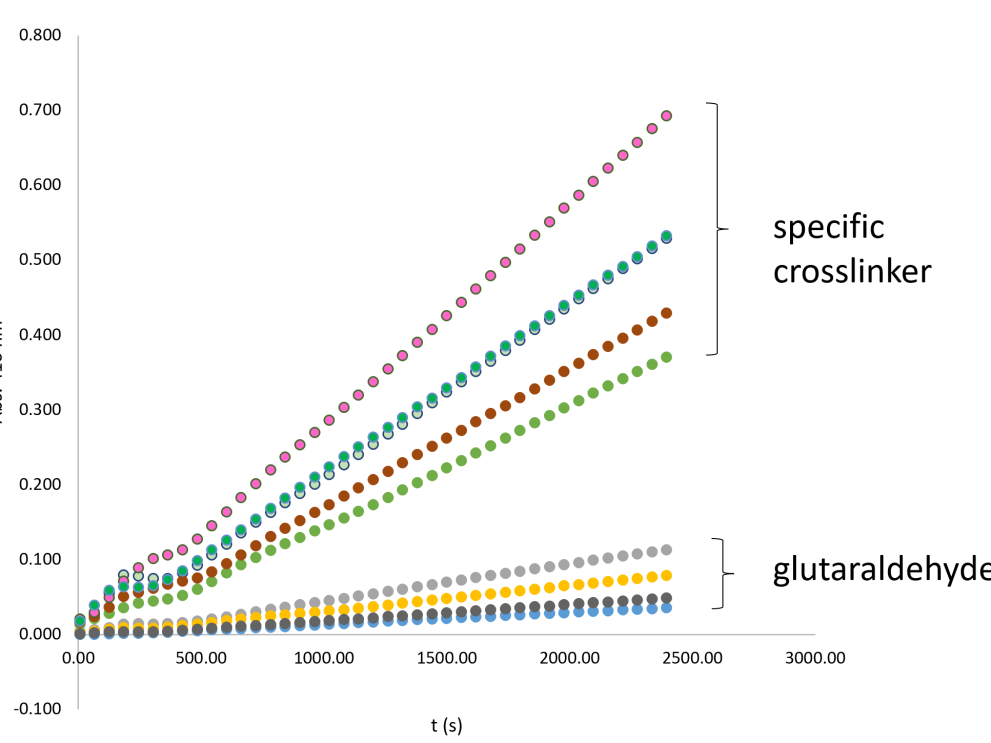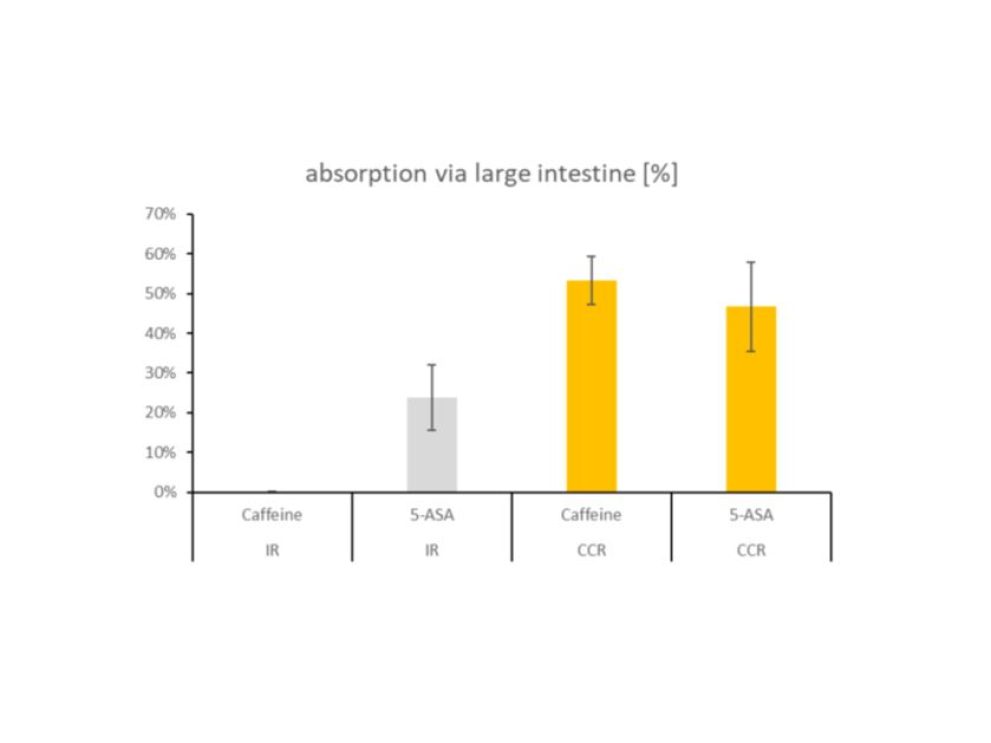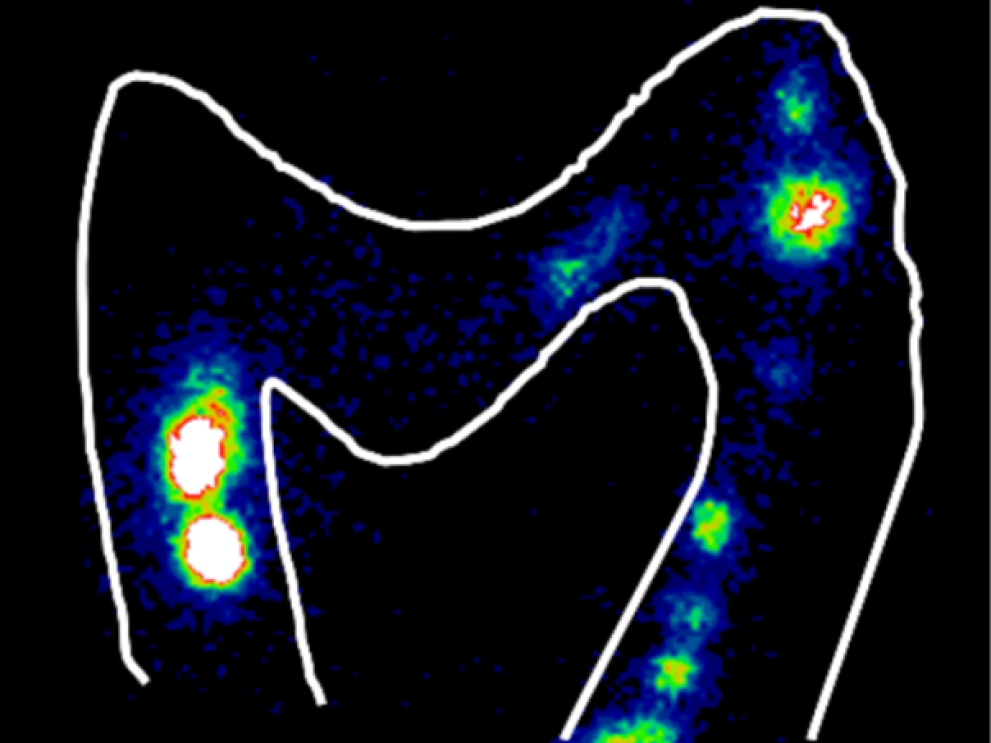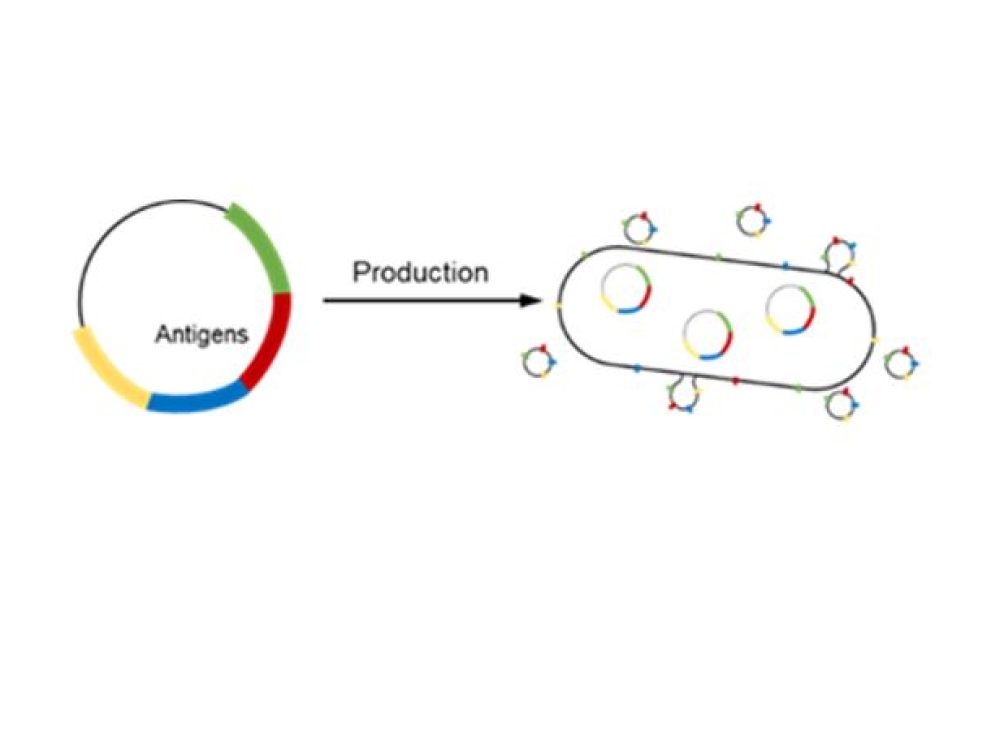A real innovation: gas exchange with membrane contactors in microalgae cultivation leads to a significant improvement in growth.
Thanks to funding from the RAPS Foundation, we were able to show that membrane contactors can boost long term microalgae cultivation.
Further articles
SmartCoats: peptide shuttles for delivery of nucleic acid bases therapeutics
(together with Prof. Mosbacher, IPT and Dr. Benoit, PSI) Nucleic Acid based therapies are gaining momentum although the targeted delivery of nucleic acid to cells is very demanding. SmartCoats are protein-based carriers which are stable in plasma and are not immunogenic. They shall deliver their nucleic acid cargo specifically to…
A close look into the initial step of primer synthesis by an archaeoeukaryotic primase
(together with Prof. Allain, ETHZ and Prof. Wiegand RWTH Aachen) The Sulfolobus islandicus multi-copy plasmid pRN1 encodes a particular replication protein endowed with both primase and helicase activities. The primase domain of the replication protein is of the archaeoeukaryotic type and consists of the highly conserved catalytic domain (Prim_Pol) and…
Characterisation of the monomeric archaeoeukaryotic Primase from Nanoarchaeum equitans
The marine thermophilic archaeon Nanoarchaeum equitans possesses a monomeric primase encompassing the conserved domains of the small catalytic and the large regulatory subunits of archaeoeukaryotic heterodimeric primases in one protein chain. The recombinant protein primes on templates containing a triplet with a central thymidine, thus displaying a pronounced sequence specificity…
Development of a new Coupling Strategy for Enzyme-conjugated Antibodies
For ELISAs and Western Blot antibodies are labelled with fluorophores or with enzymes. For the conjugation with enzymes a classic but rather unspecific coupling with glutaraldehyde is commonly used. The reaction with glutaraldehyde leads to the formation of large aggregates of antibodies and enzymes with varying quality. In this project…
Efficient Colonic Delivery
Efficient and reliable delivery of drugs to the colon has not been achieved yet. Nevertheless, colonic delivery is needed for the treatment of inflammatory bowel disease, a malady with increasing incidence. The difficulty in consistent colonic delivery is caused by the individual and circumstantial variability of the human digestive tract…
Targeted vitamin delivery to the microbiome for improved gut health
The human gut microbiome has an important nutritional role by enabling the digestion of carbohydrates mostly stemming from plant cell walls. A balanced a diverse composition of the microbiome is crucial for gut health and influences the well-being. The groups of Prof. Imanidis (IPT) and Prof. Lipps have developed a…
Development of a novel Vaccine Platform using Outer Membrane Vesicles
Outer membrane vesicles (OMV) are small vesicles (diameter ~ 100nm) which are released by gram-negative bacteria. As the surface of the vesicles is very similar to the surface of the bacteria the vesicle may trigger an immune response against the bacteria while being safe as they are non-replicative and non-infectious.
